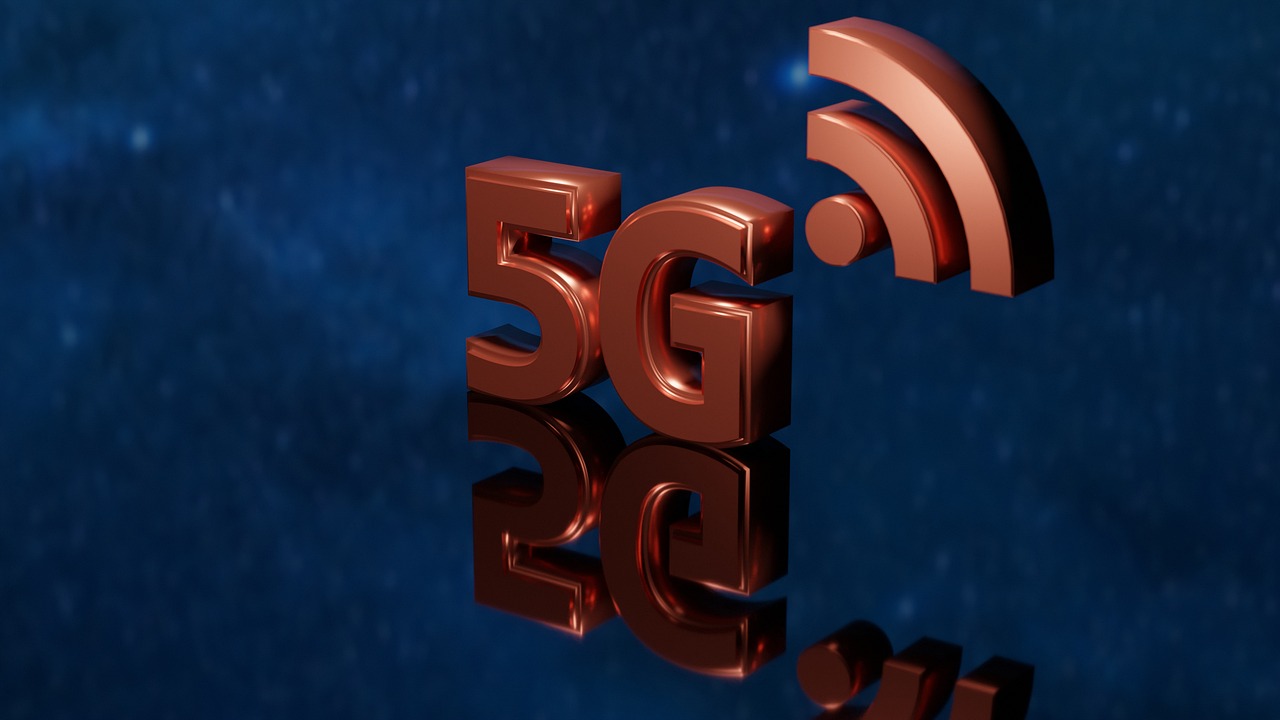The advent of 5G technology marks a significant leap in wireless connectivity, promising faster speeds, lower latency, and greater capacity than its predecessors. This next-generation technology is set to revolutionize numerous industries, from healthcare to the Internet of Things (IoT), bringing about transformative changes in how we live and work.
Understanding 5G Technology
5G, or fifth-generation wireless technology, is the latest iteration of mobile networks. It offers speeds up to 100 times faster than 4G, significantly reduced latency, and the ability to connect more devices simultaneously. These improvements are made possible through advancements in radio frequencies, antenna technology, and network infrastructure.
Key Benefits of 5G
Enhanced Speed and Bandwidth
One of the most significant advantages of 5G is its enhanced speed and bandwidth. With download speeds that can exceed 1 Gbps, users can stream high-definition videos, download large files, and engage in real-time gaming with minimal lag. This increased bandwidth also supports more devices and applications, facilitating seamless connectivity in densely populated areas.
Low Latency
Latency refers to the time it takes for data to travel from one point to another. 5G technology drastically reduces latency, often to just a few milliseconds. This improvement is crucial for applications that require real-time responsiveness, such as autonomous vehicles, remote surgery, and augmented reality (AR) experiences.
Greater Device Connectivity
5G can support up to one million devices per square kilometer, a significant increase over previous generations. This capability is essential for the growing number of IoT devices, from smart home appliances to industrial sensors, ensuring reliable and efficient communication.
Transformative Applications of 5G
Healthcare
5G is poised to revolutionize healthcare by enabling telemedicine, remote surgery, and real-time monitoring of patients. Doctors can perform surgeries remotely with precision using robotic instruments, thanks to the low latency and high reliability of 5G networks. Additionally, wearable devices can continuously monitor patients’ vital signs and transmit data to healthcare providers, facilitating early intervention and personalized care.
Smart Cities
The development of smart cities relies heavily on 5G technology. From intelligent traffic management systems to energy-efficient buildings, 5G enables real-time data collection and analysis, optimizing urban living. Smart streetlights, waste management systems, and public safety networks all benefit from the enhanced connectivity provided by 5G.
Industrial IoT
In the industrial sector, 5G facilitates the growth of Industrial IoT (IIoT) by connecting machinery, sensors, and control systems. This connectivity enables predictive maintenance, reducing downtime and operational costs. Factories can implement advanced automation systems and robotics, enhancing productivity and efficiency.
Autonomous Vehicles
The automotive industry is another area where 5G will have a profound impact. Autonomous vehicles require constant communication with each other and with infrastructure to navigate safely. The low latency and high reliability of 5G networks ensure that vehicles can exchange information in real-time, improving safety and efficiency on the roads.
Challenges and Considerations in 5g technology
Infrastructure Development
The rollout of 5G requires significant investment in infrastructure, including the installation of small cells and upgrading existing towers. Urban areas are likely to see faster deployment, while rural regions may face delays.
Security Concerns in 5g Technology
As with any new technology, 5G introduces potential security vulnerabilities. Ensuring robust cybersecurity measures is essential to protect against threats and safeguard data.
Conclusion
5G technology is transforming connectivity, unlocking new possibilities across various sectors. Its enhanced speed, low latency, and ability to connect numerous devices are driving innovations that will shape the future. While challenges remain, the potential benefits of 5G make it a pivotal advancement in the evolution of wireless technology.












Где заказать пластиковые окна? Рейтинг лучших оконных компаний
лучшие фирмы по установке пластиковых окон https://top-okon.ru .